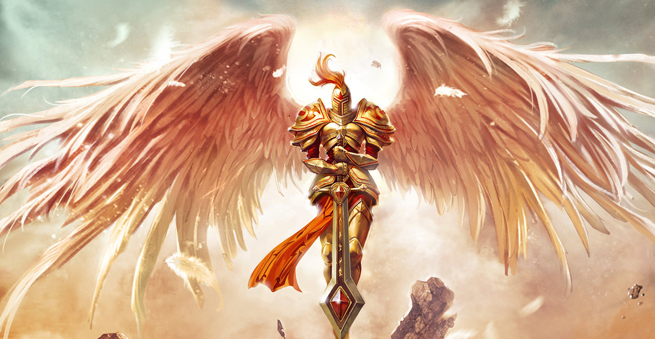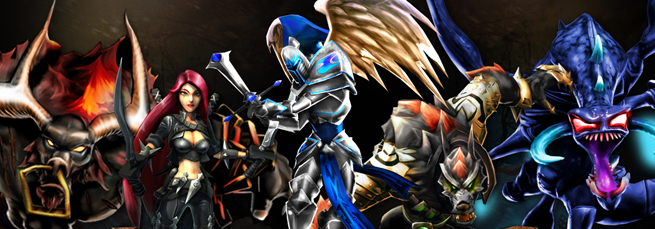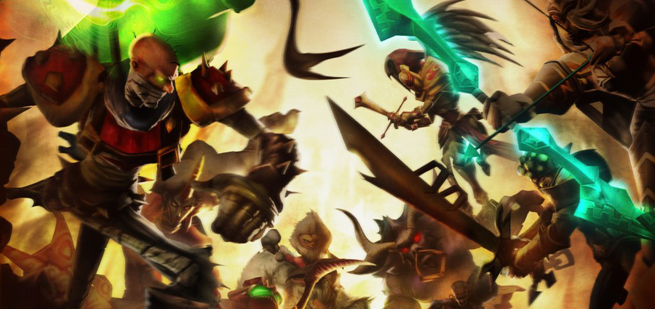The first rule of e-sports is to react fast. When viewership for League of Legends’ Season 2 World Championships went completely off the scale, developer Riot Games immediately doubled down for its upcoming Season 3 (scheduled to begin Jan. 30, pending a software patch), building an all-new, ESPN-like set and bringing in an 85-inch telestrator manned by color commentator David “Phreak” Turley — or “Weatherman 3” as he’s now called around the Riot offices. Turley’s new toy just had one problem.
“We got that thing three days before the show started,” says Dustin Beck, Riot’s vice president of e-sports, “and it showed up cracked. We had to get a new one. It came day-of.”
Call it just a slight hiccup on e-sports’ road to legitimacy. Few games have moved that needle nearly as far as League of Legends did in the last two years. In terms of ratings, its Season 2 World Championships pulled in 8.3 million unique viewers, easily blowing away Emmy darlings like Mad Men and Breaking Bad and putting it on par with network hits like How I Met Your Mother and Modern Family. Top players take home six-figure purses. And for an encore, Beck and his team at Riot Games want to erase any distinctions between “e-sports” and “sports.”
“The biggest lesson we learned coming out of Season 2,” says Beck, “was how the fans are so involved that we had to deliver a really rich experience. It’s not OK anymore to start a broadcast late or to not deliver it in HD. These guys want e-sports to be just like any other sport out there.”
“We’re taking our cues from more traditional sports,” adds Whalen Rozelle, Riot’s senior e-sports manager.
The new set and an intact telestrator help with that image, but Beck and Rozelle intend to bring all the drama of sports to the electronic frontier. To do so, they’re backing 16 teams in their League Championship series — eight in North America and eight in Europe — with professional players and consistent, weekly schedules.
“We saw a lack of structure in the ecosystem,” says Beck. “There wasn’t any leagues like you see in the NFL, NBA, or FIFA, so we’re creating one. It’s a year-round, structured league where we pay the teams salaries. The players have compensation, and now this is a viable profession for these guys. They know they have matches every week. They don’t have to worry about going to tournaments intermittently and fighting for prize money and sponsorships.”
That’s partly because the usual sponsoring suspects like Razer, Logitech, and Monster Energy Drinks have already turned up. But now American Express wants in. Beck adds that a few traditional Major League Baseball sponsors are also lining up.



